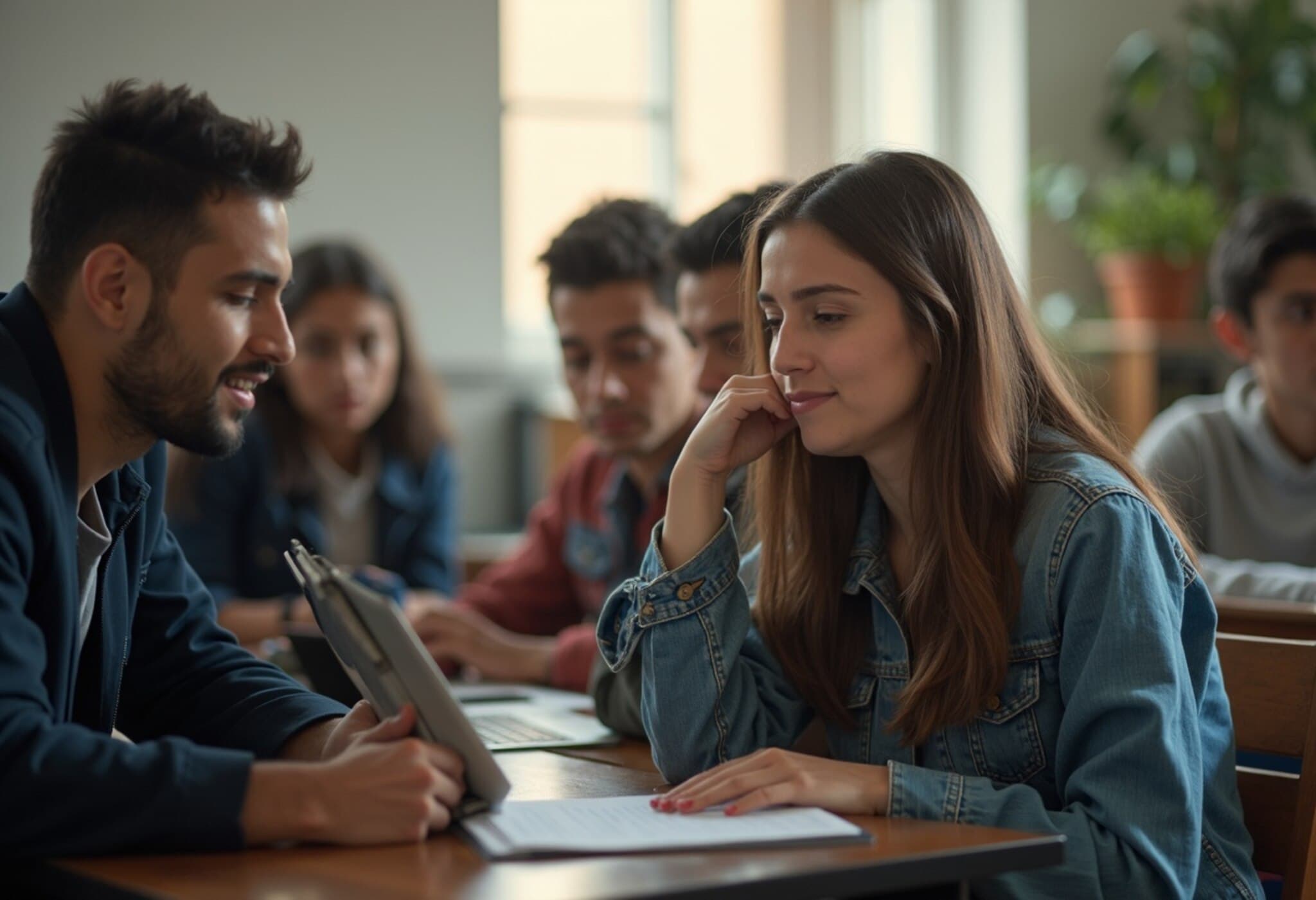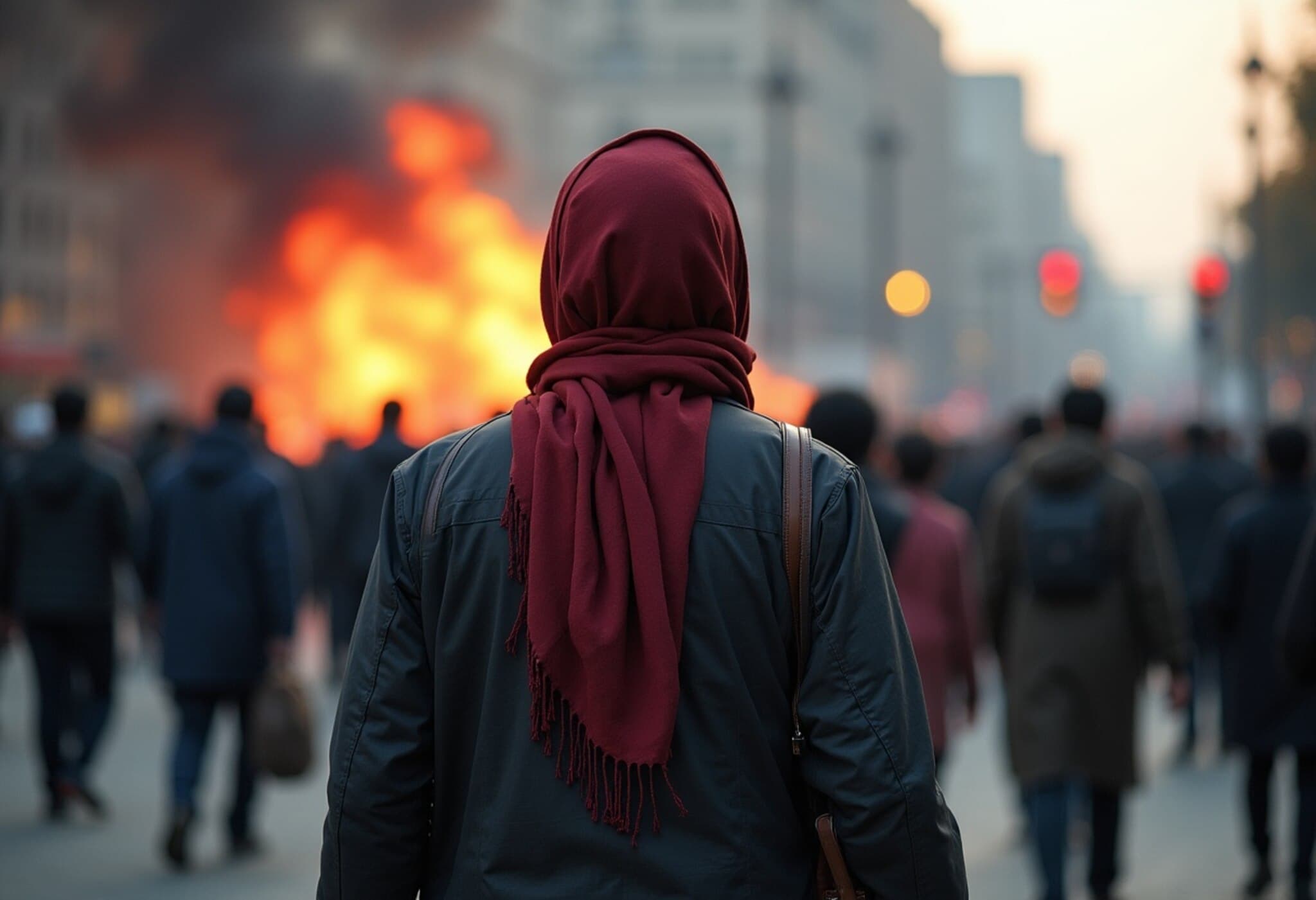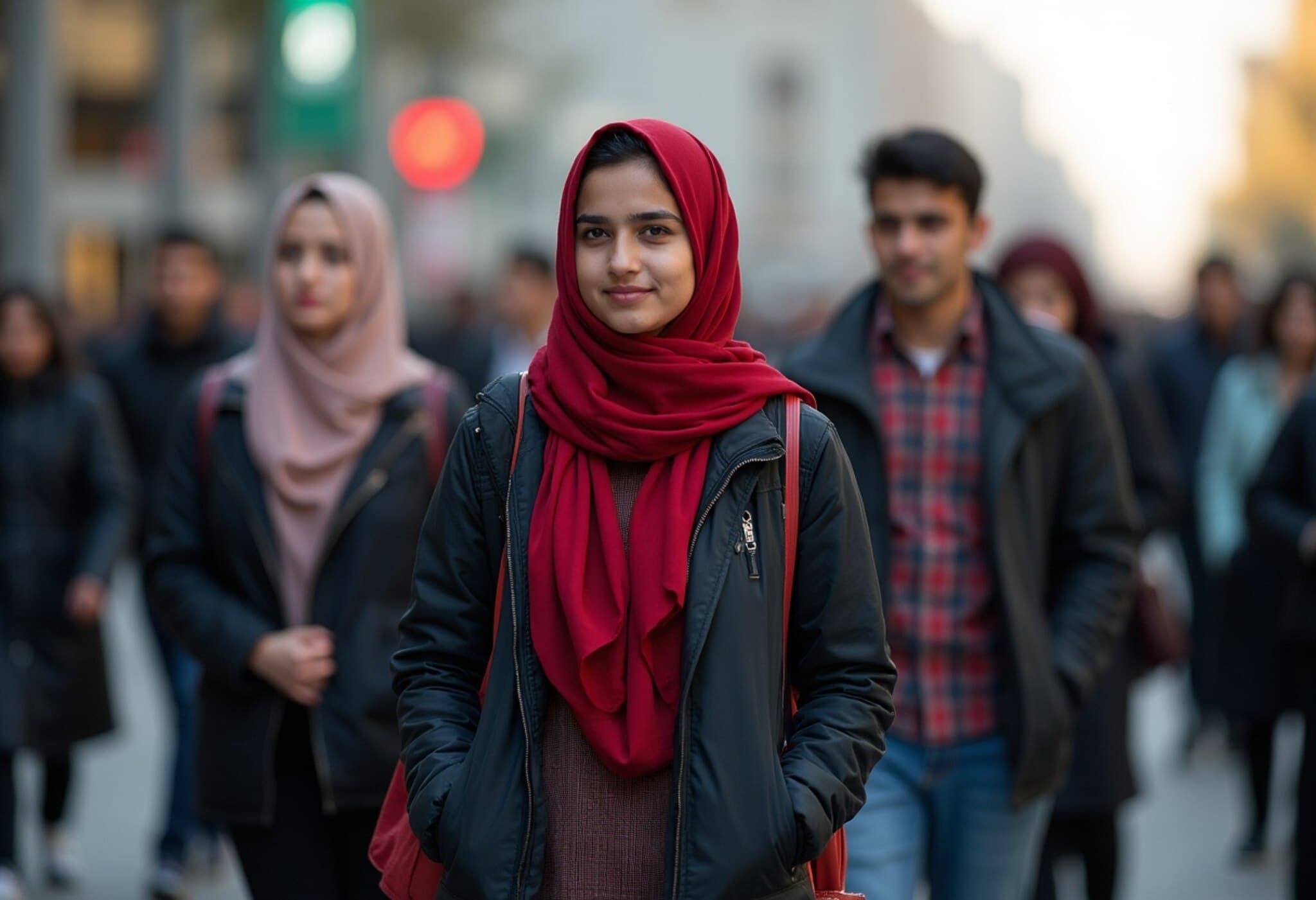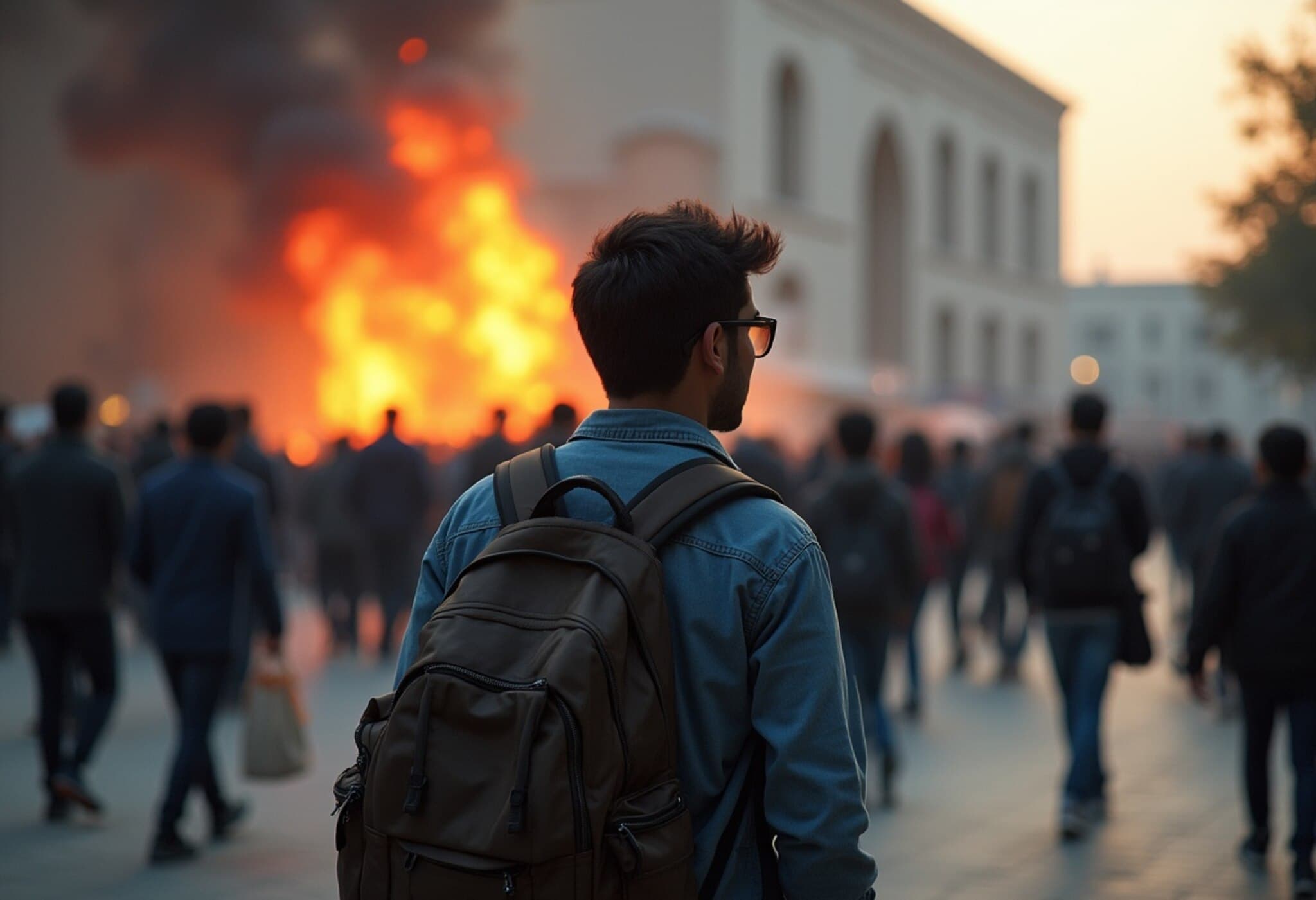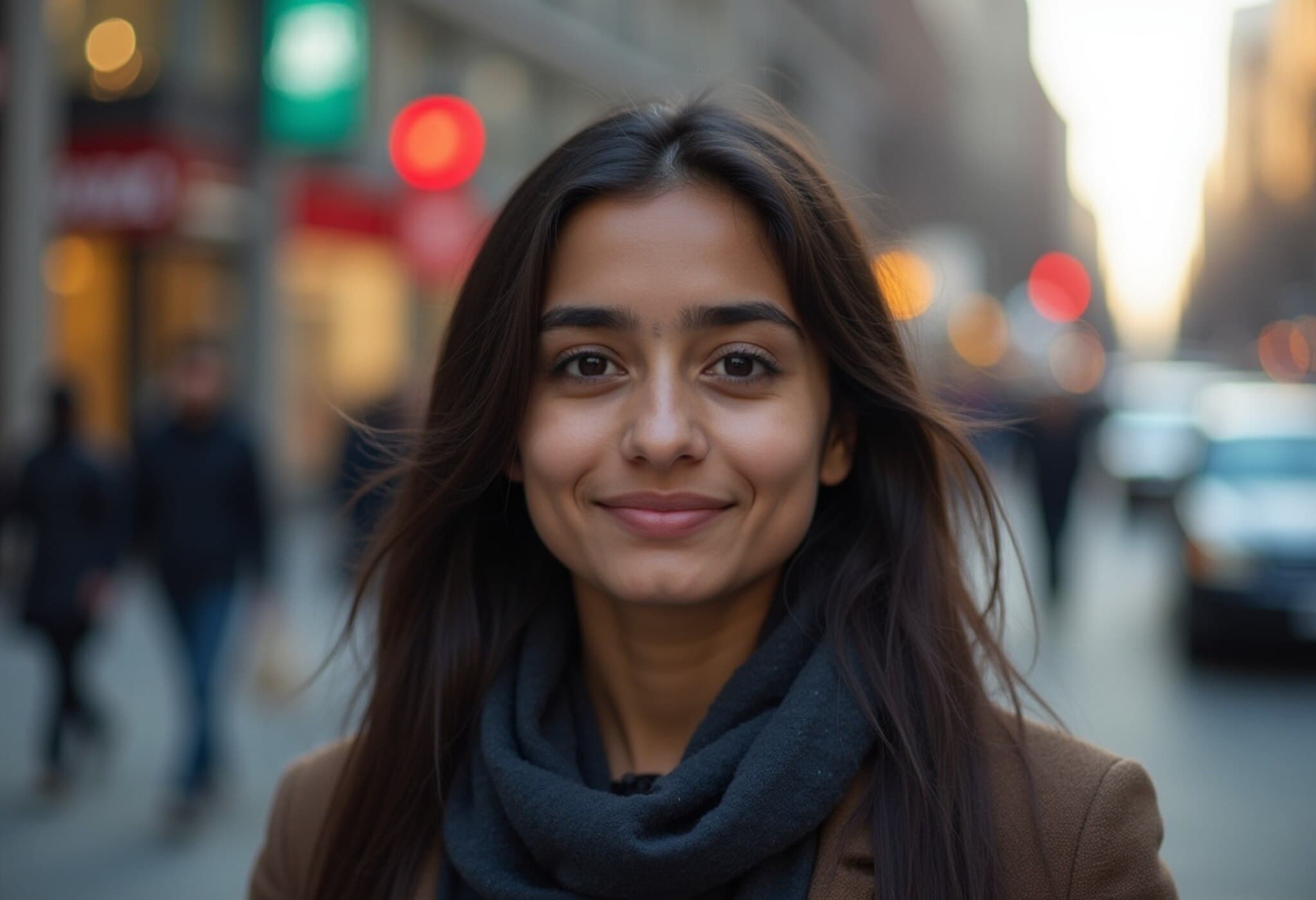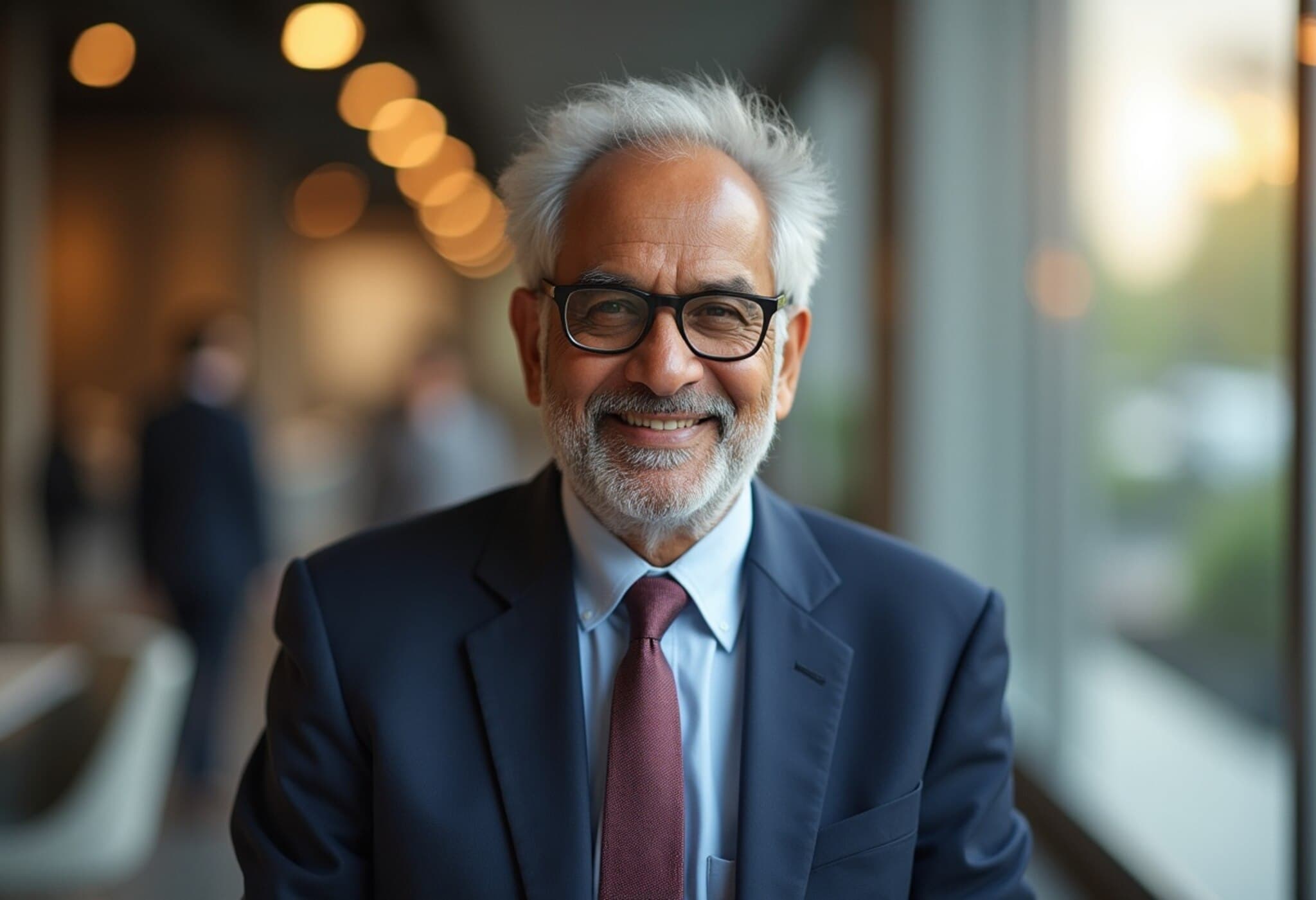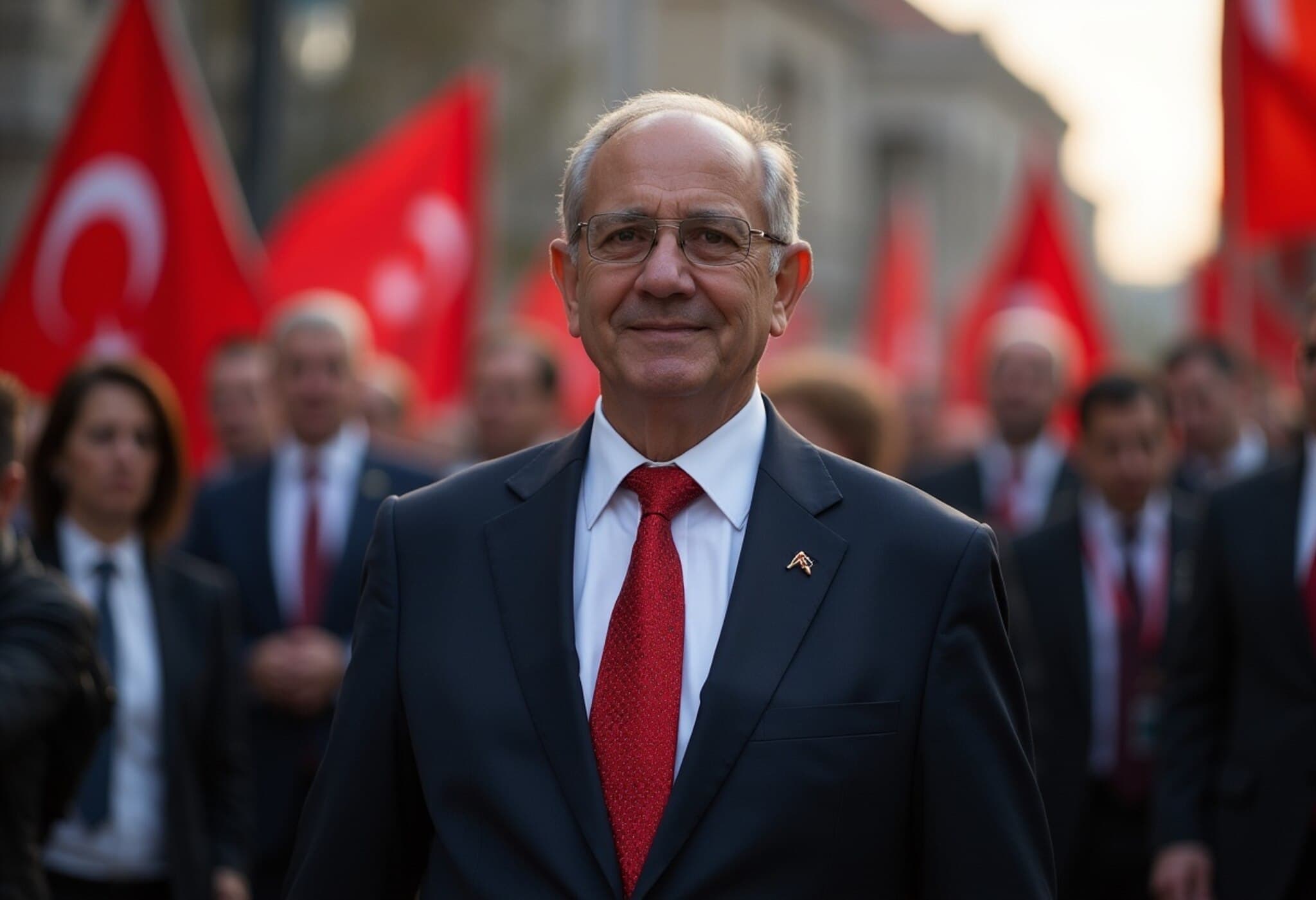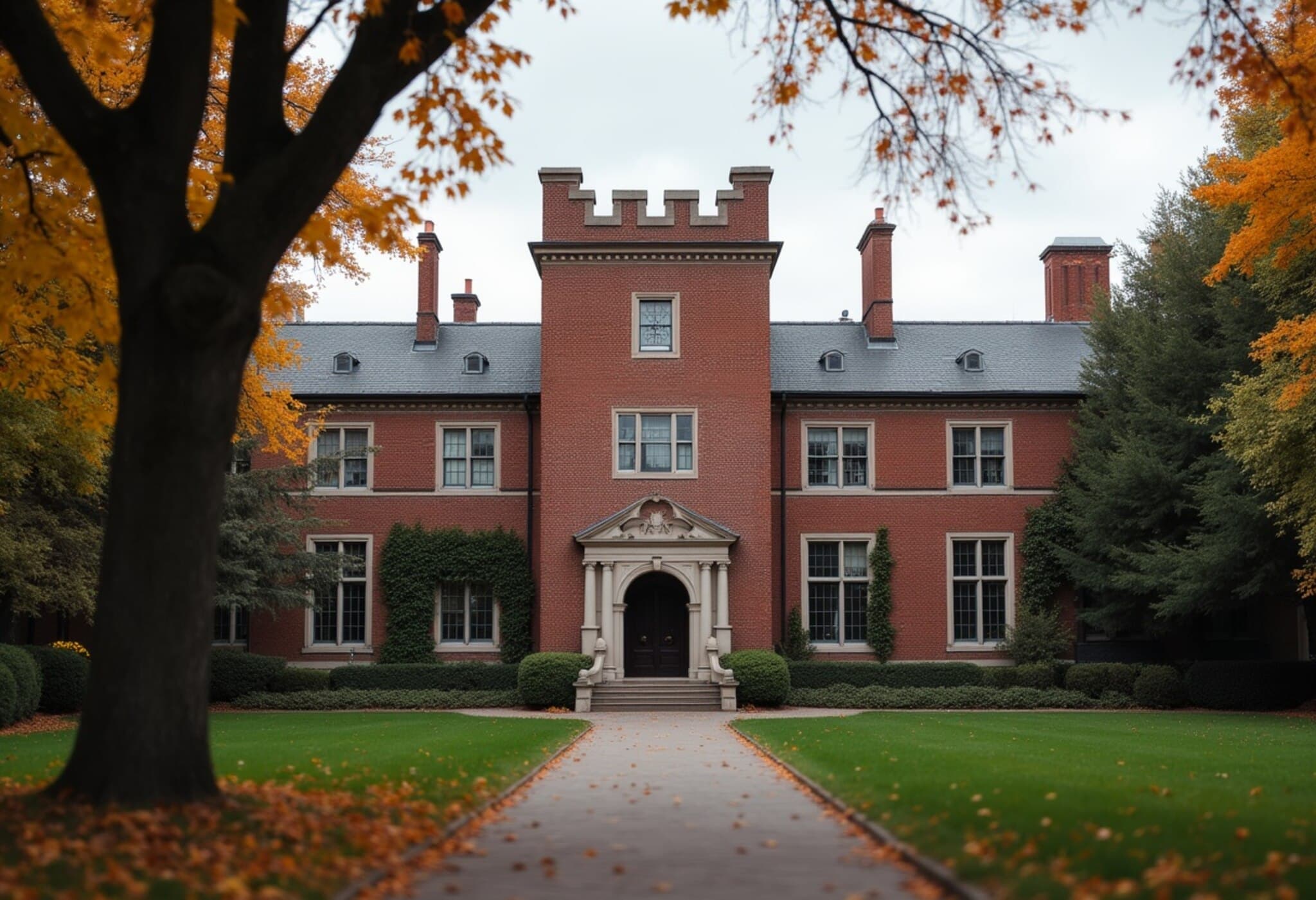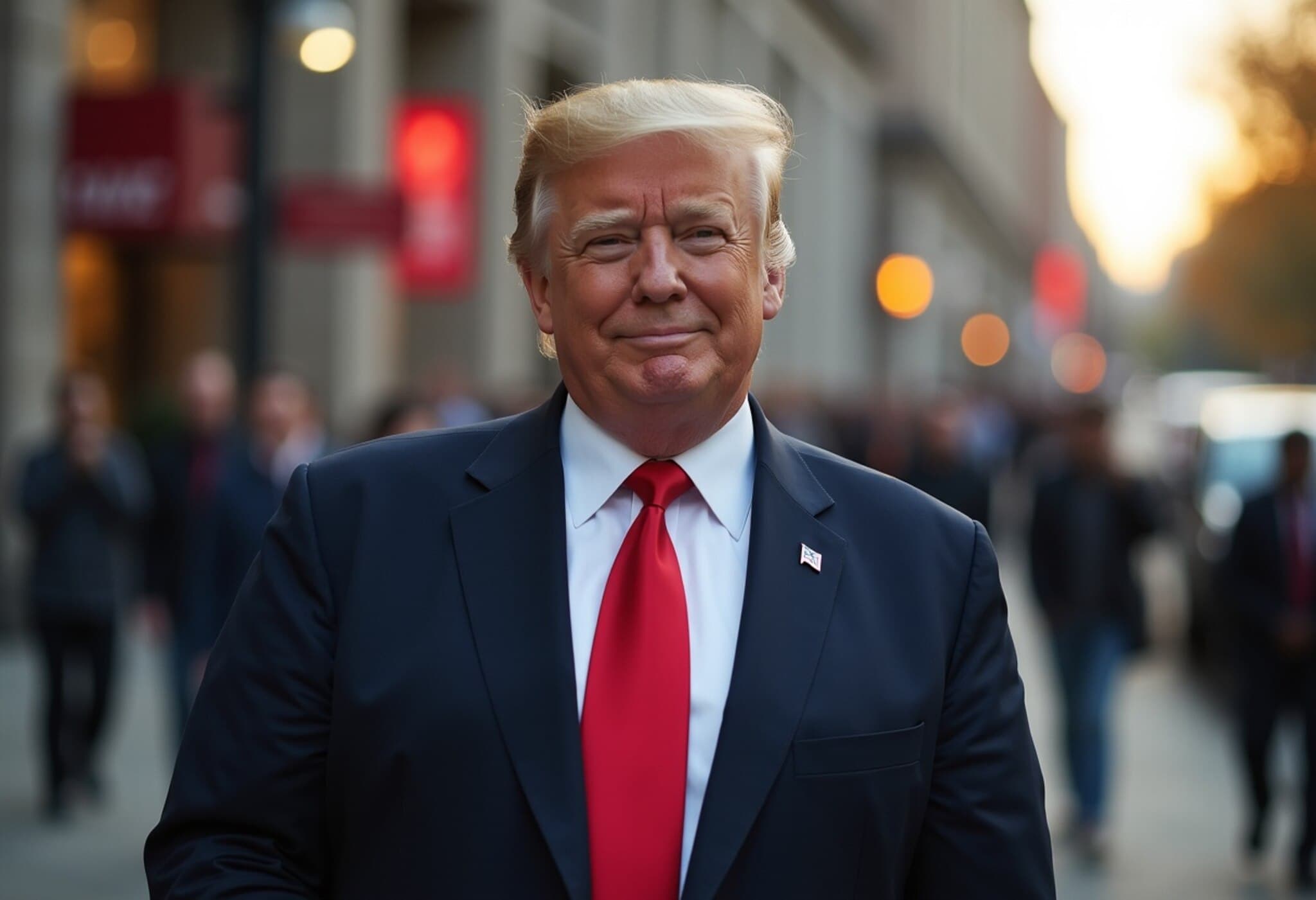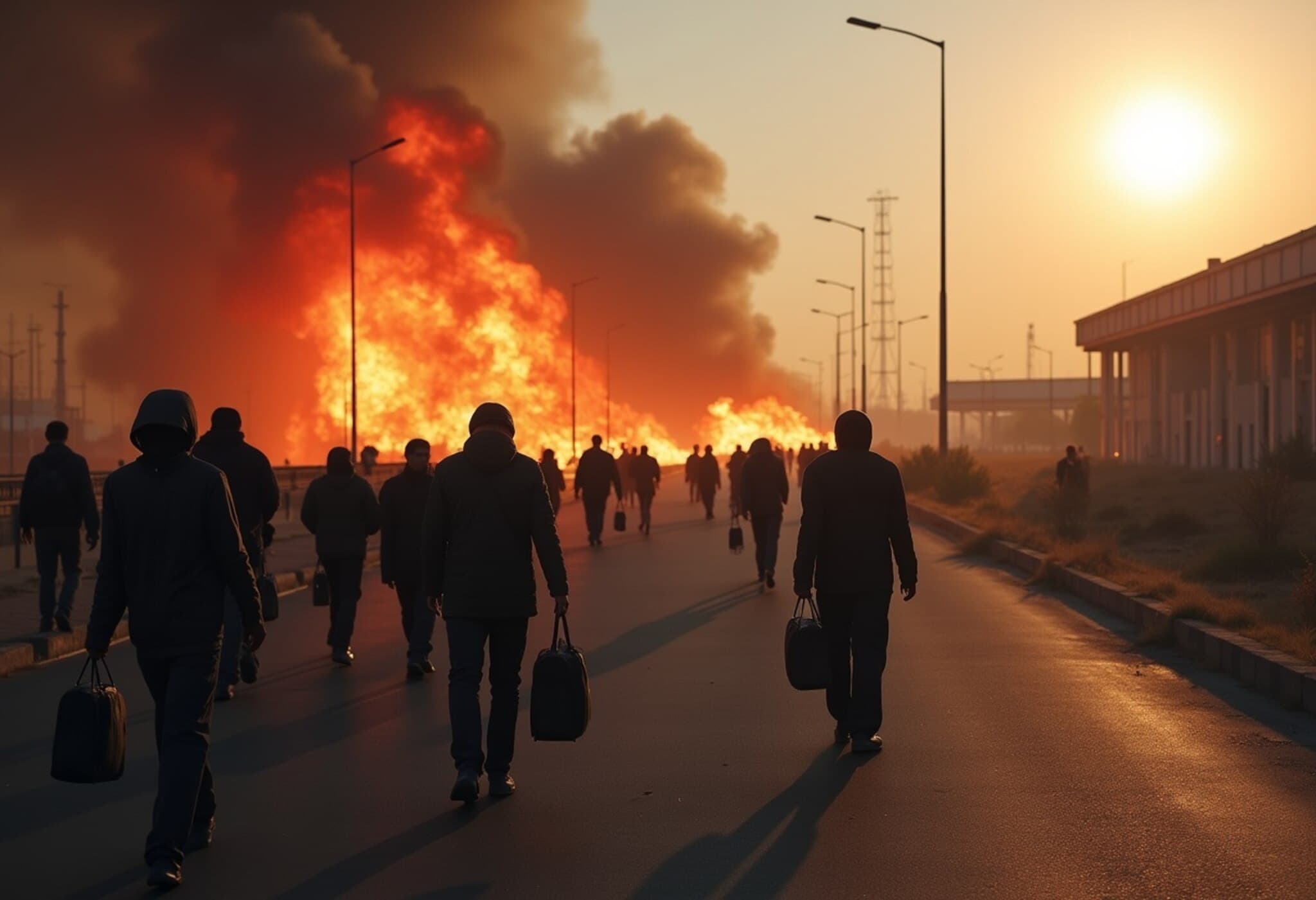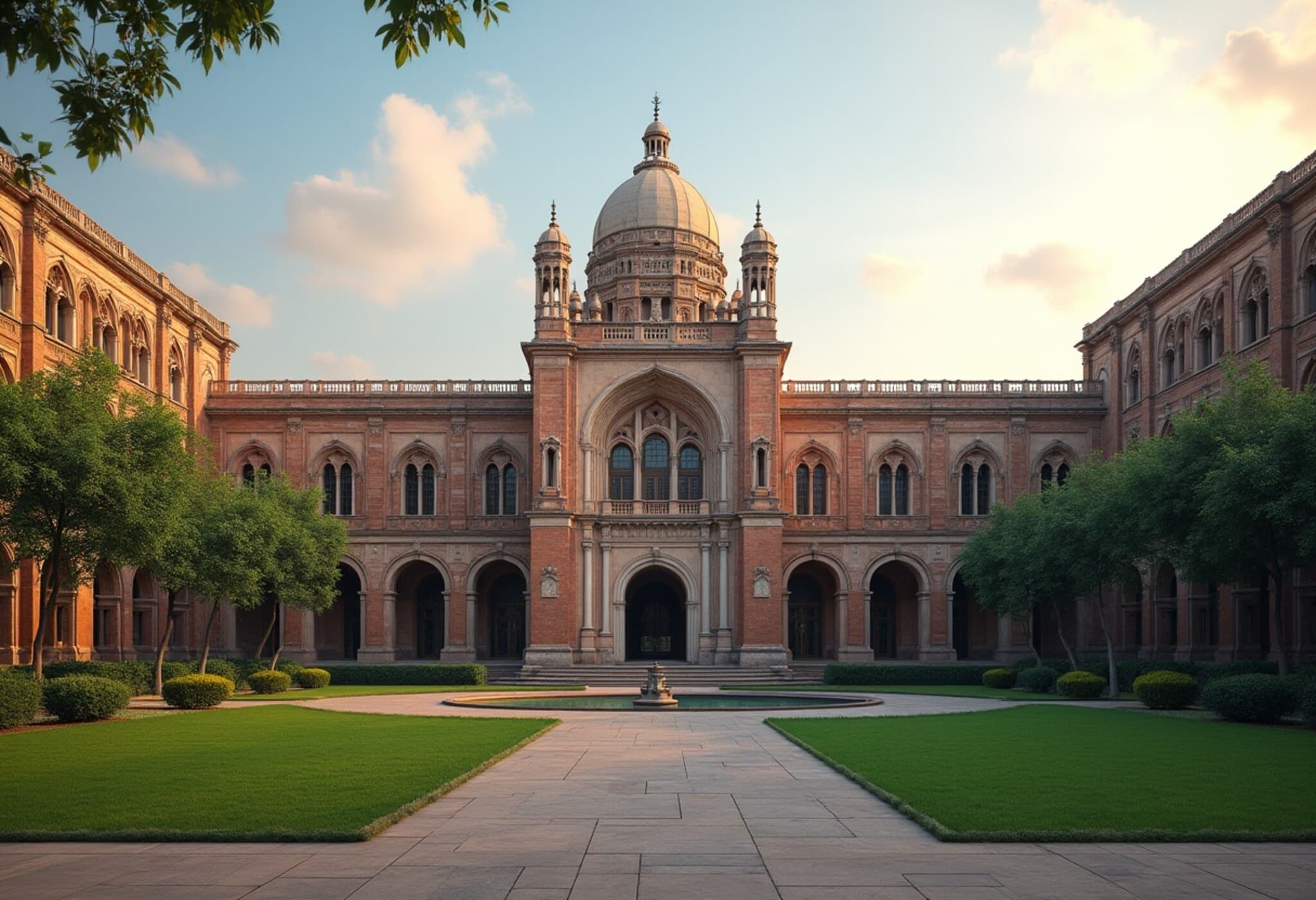US Restarts Student Visa Applications with Stricter Social Media Scrutiny
The United States has resumed processing student visa applications, but with a significant change that could impact international applicants. As of June 19, 2025, the US State Department now requires students applying for visas to grant access to their social media accounts for government review. Refusal to comply may be interpreted as an attempt to withhold information, potentially resulting in visa denial.
10 Key Points About the New US Student Visa Policy
- Visa application process resumes: After a brief suspension, the US has reinstated student visa processing but added a new requirement involving social media transparency.
- Social media scrutiny heightened: Consular officers will examine applicants' social media posts for content that could be viewed as hostile toward US institutions, culture, or politics.
- Non-disclosure risks rejection: Applicants who decline to reveal their social media profiles risk the perception of hiding something, endangering their visa chances.
- High demand countries affected: Prospective students from India, China, Mexico, and the Philippines are closely monitoring visa availability amid these new measures.
- Visa prioritization shifts: Students applying to universities with less than 15% international enrollment will receive priority for interviews, disadvantaging those aiming for elite institutions with larger international populations.
- Elite universities under scrutiny: Institutions like Harvard, with about 25% international students, face increased targeting; prior proposals aimed to cap foreign admissions at 15%.
- Concerns over free expression: Experts warn the policy resembles Cold War-era ideological vetting, potentially fostering censorship and discouraging open discourse.
- Strict enforcement and deportations: Earlier this year, even minor infractions triggered deportation orders for some students, indicating a tightening of visa enforcement.
- Pressure on 36 countries: The US is urging enhanced security screening abroad, threatening travel bans for nations not complying within 60 days.
- Potential decline in applications: The added scrutiny and prioritization changes are likely to reduce the number of international applicants, particularly at prestigious US universities.
Understanding the Implications
This policy overhaul signals a more rigorous vetting process for international students, intertwining their personal digital footprints with visa eligibility. With social media reflecting not only opinions but also personal and political affiliations, applicants face increased uncertainty and pressure to conform.
Moreover, the prioritization of institutions with smaller international student populations could reshape the demographics of campus communities, affecting diversity and global engagement at top-tier schools.
What Prospective Students Should Know
- Ensure social media accounts are accessible during the visa interview process.
- Be mindful of public posts that could be interpreted unfavorably by officials.
- Monitor official US State Department updates regularly.
- Consider the changing landscape when selecting universities for application.
As the global student mobility landscape evolves under these new regulations, applicants should prepare for a more intrusive and selective visa process.


